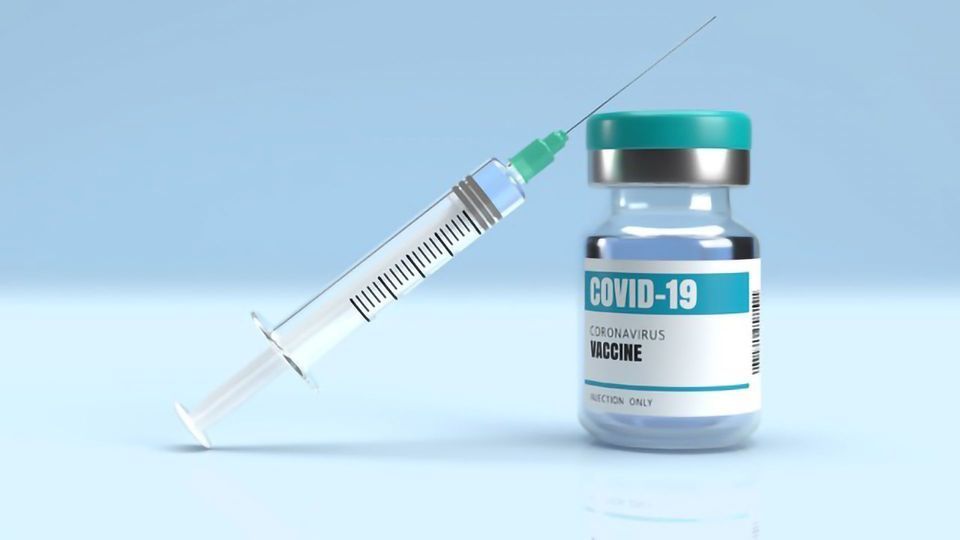mRNA COVID-19 Vaccines: Safety of Second Dose Following First-Dose Allergic Reactions

Complete the form below to unlock access to ALL audio articles.
A multicenter, retrospective study, led by scientists from Massachusetts General Hospital, has been conducted to assess the safety of the second dose of mRNA COVID-19 vaccine in patients with allergic reactions to the first dose. All patients with allergic reactions to the first dose, who went on to receive a second dose, safely completed their course, with 20% reporting mild symptoms. Findings were published in JAMA Internal Medicine, July 26, 2021.
US Centers for Disease Control and Prevention has stated that in exceptional situations, patients, such as those who have experienced an immediate and potentially allergic reaction to their first dose of the Pfizer–BioNTech or Moderna COVID-19 vaccines may receive a single-dose Janssen viral vector vaccine instead of receiving a second dose of the mRNA vaccine. However, results of this recent study suggest that switching to a different vaccine type may not be necessary.
The study, which was conducted across numerous sites in the United States from January 1 to March 31, 2021, included patients who had experienced an immediate allergic reaction to either the Pfizer–BioNTech vaccine or Moderna vaccine. An immediate allergic reaction was defined as the following: symptom onset within four hours of the first vaccine dose, at least one allergic symptom and subsequent referral for an allergy/immunology consultation with in-clinic or telehealth assessment.
"These reactions could include symptoms such as itching or hives or flushing. The patients included were all advised by allergy specialists after their dose one reaction," explained Dr. Matthew S. Krantz of Vanderbilt University Medical Center and co-lead author of the study, in a recent press release.
Of the 189 patients involved in the study, 130 had experienced first-dose reactions to the Moderna vaccine and 59 to the Pfizer–BioNTech vaccine. Thirty-two of the 130 met anaphylaxis criteria.
One hundred and fifty-nine of the 189 patients received a second dose of the mRNA vaccine. Prior to the second dose being administered, some patients (n=47) received an antihistamine premedication.
The authors noted that “all 159 patients, including 19 individuals with first-dose anaphylaxis, tolerated the second dose.” While twenty percent (n=32) of patients reported allergic symptoms related to the second dose, these were “self-limited, mild and/or resolved with antihistamines alone”.
"One important point from this study is that these immediate onset mRNA vaccine reactions may not be mechanistically caused by classic allergy, called immediate hypersensitivity or Ig-E-mediated hypersensitivity. For classic allergy, re-exposure to the allergen causes the same or even worse symptoms," explained co-senior author Dr. Kimberly G. Blumenthal of Massachusetts General Hospital in a press release.
The authors touched on some of the study's limitations in the paper, Blumenthal elaborated further: "The limitation of retrospective study design means that patient clinical reaction history and subsequent vaccination was not collected in a systematic fashion but rather through review of routine clinical documentation during the course of clinical care." Because of this retrospective design, Blumenthal says that there was not a pre-determined evaluation protocol for the sites, which accounts for variations seen by site, such as a number of patients who were skin tested for polyethylene glycol (PEG) allergy prior to the second dose of the vaccine, or the premedications recommended. "There is referral bias in this study because all patients were evaluated by allergists," noted Blumenthal.
Blumenthal shared the significance of the study's findings with Technology Networks: "Our take-home message is that immediate allergic symptoms after [first dose of] mRNA vaccines from Pfizer or Moderna do not preclude their future use. We were able to oversee the safe complete vaccination of 159 individuals who had reactions with their first mRNA vaccine dose. Complete two-dose vaccination has become even more important with the delta variant and we suspect there are many more people who did not get their second shot because of allergic symptoms. It is important to discuss this with your doctor and consider allergist input."
The team plans to carry out additional analysis with a larger group of patients. Blumenthal explains that this would enable them "to look at the immediate symptoms and signs to see if there are patterns that may define certain reaction phenotypes." This could be helpful in further identifying risk factors for immediate reactions and determining the underlying mechanisms responsible.
Reference: Krantz MS, Kwah JH, Stone CA, et al. Safety evaluation of the second dose of messenger RNA COVID-19 vaccines in patients with immediate reactions to the first dose. JAMA Intern. Med. 2021. doi: 10.1001/jamainternmed.2021.3779
Kimberly G. Blumenthal was speaking with Laura Elizabeth Lansdowne, Managing Editor for Technology Networks.



